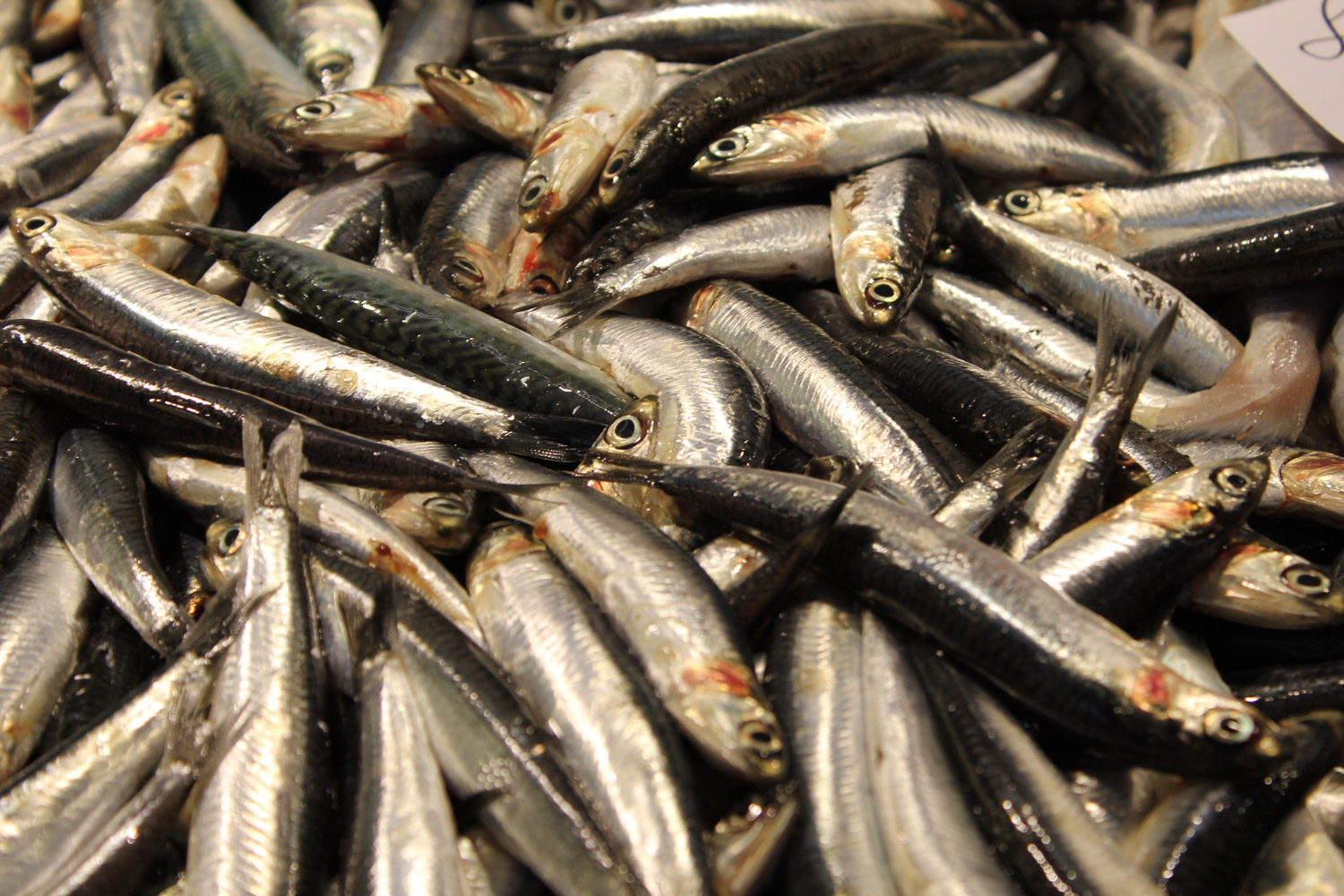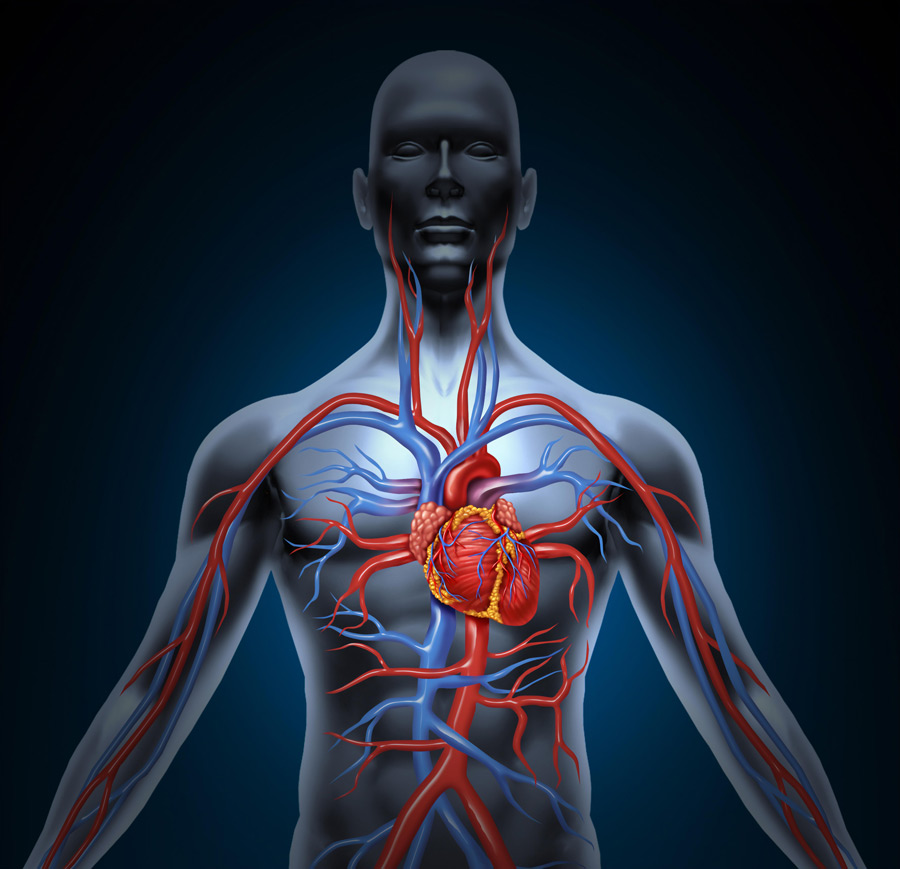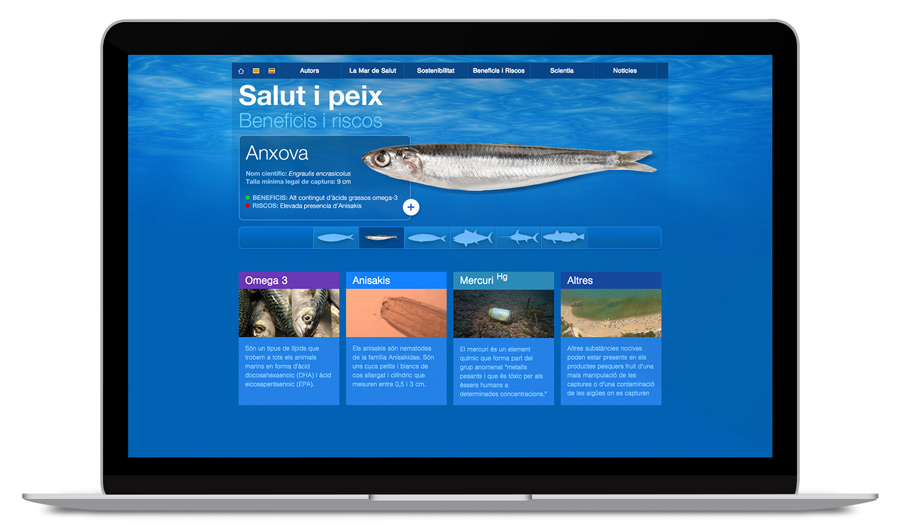Fish and health
Many diseases are caused by factors such as environment, nutrition and lifestyle. A person’s genetic makeup can also make them more susceptible to certain health problems.
A person’s health depends in part on a balanced diet, and this explains the constant interplay between food and human health.
Omega-3 fatty acids from the sea
Fish, shellfish and sea algae provide us with healthy foods rich in omega-3 fatty acids which help prevent certain diseases. Omega-3 fatty acids are a type of lipid found in marine animals and algae (macroalgae and phytoplankton), basically in the form of docosahexaenoic acid (DHA) and eicosapentaenoic acid (EPA), as well as in some plants (such as soybeans, olives, flax seeds and walnuts) in the form of alpha-linolenic acid (ALA). Omega 3 DHA and EPA are polyunsaturated fatty acids (PUFAs), and omega-3 ALA is a short chain polyunsaturated fatty acid.

The benefits of omega-3 fatty acids on human health
Omega-3 DHA and EPA are essential for the human organism. However, they cannot be produced by the human body, therefore, they have to be ingested through food. We can also obtain DHA and EPA from some vegetables grown in the ground (in the form of ALA), although this is less effective. By eating vegetables, the human body can convert ALA fatty acids into EPA and DHA, but the level of EPA, and EPA, and especially DHA, is much lower than that obtained from eating fish from the sea or seaweed. Even though the health benefits of omega-3 are well known, doctors and nutritionists often warn that the diet many people follow nowadays does not contain sufficient amounts of omega-3.
In recent years, various international studies have made significant progress in better understanding how omega 3 fatty acids affect cardiovascular and mental health. Recent studies provide new evidence on how omega-3 fatty acids contribute to reducing cardiovascular risk and preventing diseases such as breast cancer, or how they can contribute to the prevention, or treatment, of mental illnesses such as psychotic disorders, depression or Alzheimer's.


If we do not take care of the sea, the benefits evaporate and the risks increase
Despite the health benefits associated with eating fish and seafood, they can contain certain contaminants, parasites and biotoxins, and consuming these can lead to other types of health problems. However, in general, eating fish brings more benefits than risks to our health, and any risks need to be carefully monitored and controlled
The negative impacts of human activity on our oceans such as overfishing, pollution and climate change, lower the benefits reaped from the sea and increase the risks. Maintaining healthy marine ecosystems is critical if the sea is to continue to have a positive impact on our health. Looking after the sea and conserve fishing resources is essential as our health depends on it, so it is crucial to protect marine ecosystems and their biodiversity. A HEALTHY SEA MEANS HEALTHY PEOPLE!
Link to the website Fish and Health (in Catalan and Spanish languages only)



















